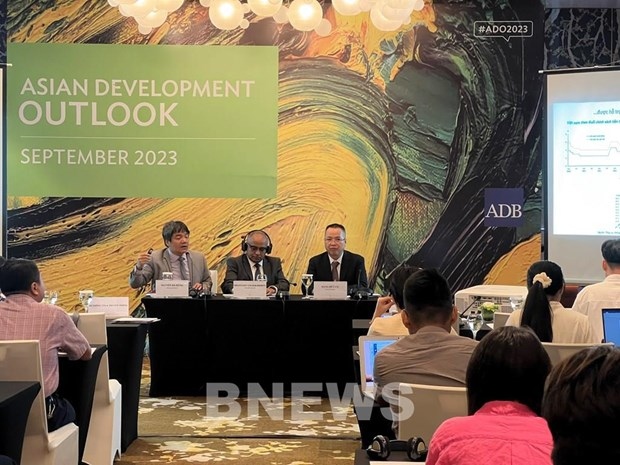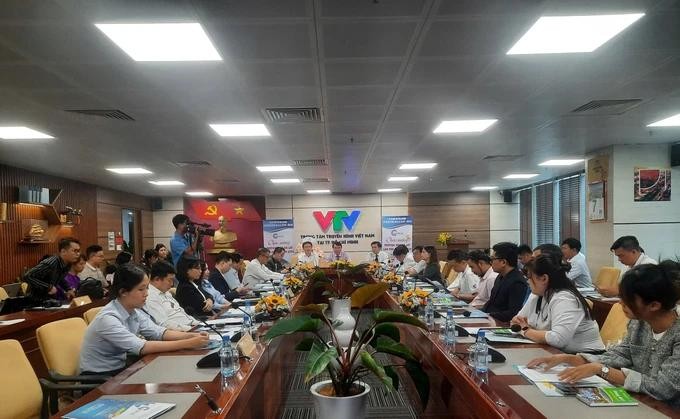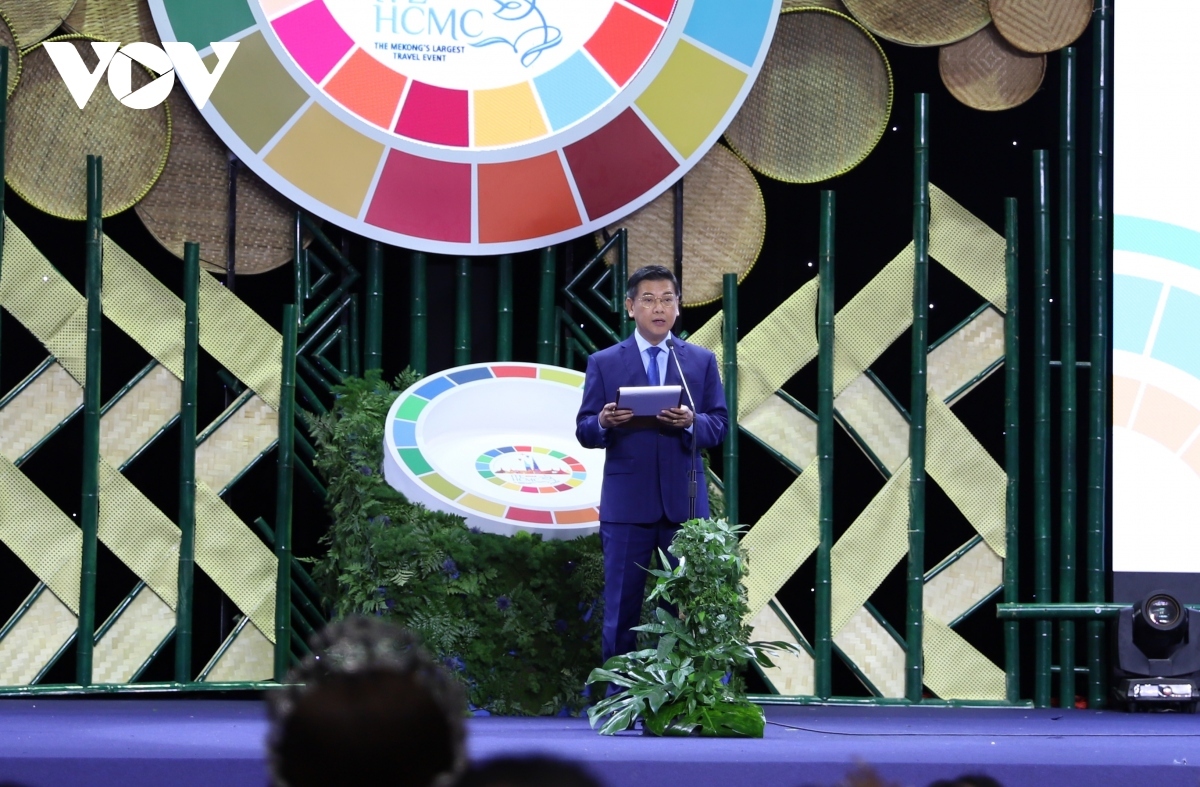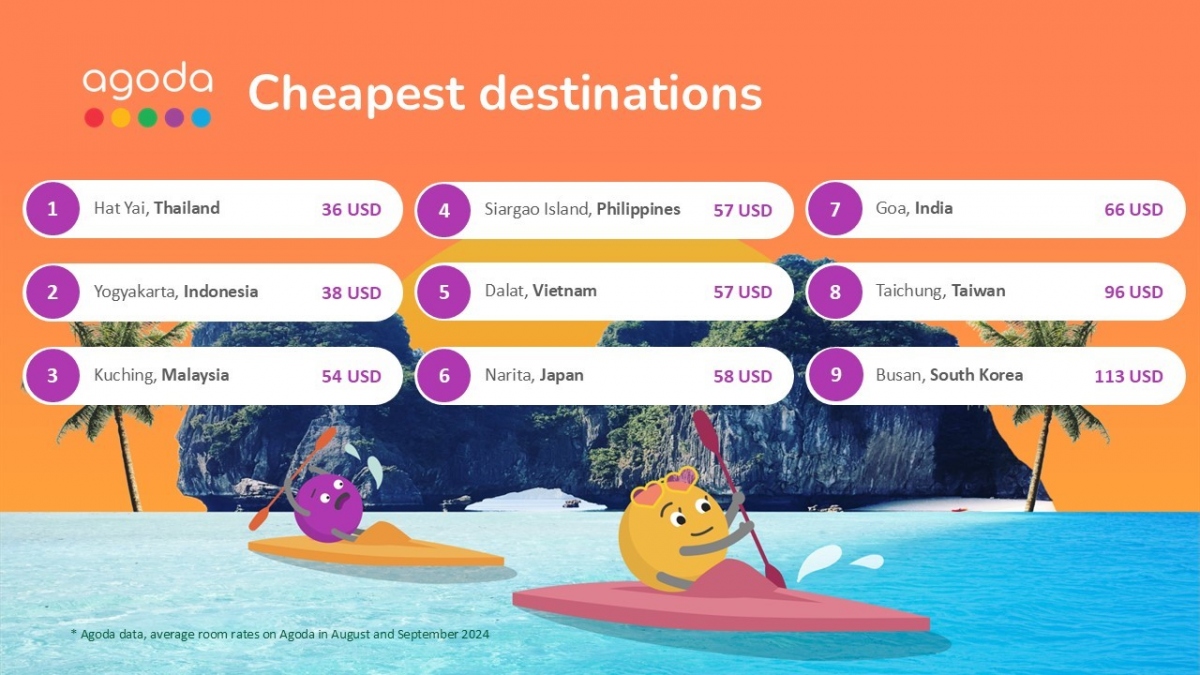VOV.VN - Vietnamese economy remains resilient, and recovery is expected to pick up in the near term, driven by strong domestic consumption, which is supported by moderate inflation, an acceleration of public investment, and improved trade activities, said the Asian Development Bank (ADB)'s Country Director for Vietnam Shantanu Chakraborty.

An overview of the press conference (Photo: Bnews)
He made this assessment at a press conference held on September 27 in Hanoi to release the Asian Development Outlook (ADO) September 2023 report.
“Weak external environment, including from a subdued recovery in China, has hampered export-led manufacturing, thus shrinking industrial production in Vietnam,” he noted.
According to details set out in the report, Vietnamese economic growth is expected to slow down to 5.8% this year and 6.0% in 2024, compared to the forecast in April of 6.5% and 6.8%, respectively, mainly due to weak external demand.
The ADO September 2023 report noted that the main forces impacting the economy have been the global economic slowdown, monetary tightening occuring in some advanced countries, and the disruption caused by exacerbated geopolitical tensions. Inflation forecasts have been revised down to 3.8% from 4.5% for 2023 and to 4.0% from 4.2% for 2024.
While Vietnamese industrial production is in the process of shrinking due to falling global demand, other sectors are forecast to display healthy growth. Services are therefore expected to continue expanding, supported by a revival in tourism coupled with the recovery of associated services. Along with this, agriculture will benefit from rising food prices, with it expected to expand by 3.2% in 2023 and ahead into the next year.
According to ADB experts, falling growth and slightly moderating inflation has caused the Government to pursue a more pro-growth monetary policy. In June, the State Bank of Vietnam (SBV), the nation’s central bank, cut its key policy interest rate by 50 basis points, its fourth policy rate adjustment this year.
The refinance rate was cut to 4.5%, the discount rate to 3.0%, whilst the average lending interest rates of commercial banks was brought down by 1.0% accordingly.
To help distressed clients, on 23 April, the central bank allowed banks to restructure business and consumer loans without downgrading the loan category until 30 June, 2024. Nevertheless, credit demand remained weak, thereby reflecting difficulties in the real economy.
The report also highlighted significant risks to the outlook. Internally, slow disbursements of public investment and structural weaknesses in the real economy can be viewed as the main downside risks to the economy.
Externally, a substantial slowdown in global growth coupled with weak recovery in China remain risks to the economic outlook. Elsewhere, sustained high interest rates in the United States and Europe, along with a stronger US$, may lead to further challenges to the recovery of external demand, in addition to weaknesses in the VND exchange rate.
In response to reporters’ queries about the recent increase in exchange rates, Nguyen Ba Hung, chief economist of the ADB, assessed that the SBV recently adjusted the operating exchange rate in a flexible manner, with exchange rate fluctuations being within a pre-set range. Through this policy, the SBV has not encountered any policy difficulties regarding exchange rates, Hung noted.
A flexible monetary policy with accommodative policy interest rate changes coupled with a stable foreign exchange rate has helped the economy to recover moving forward, according to information given by think tanks.














